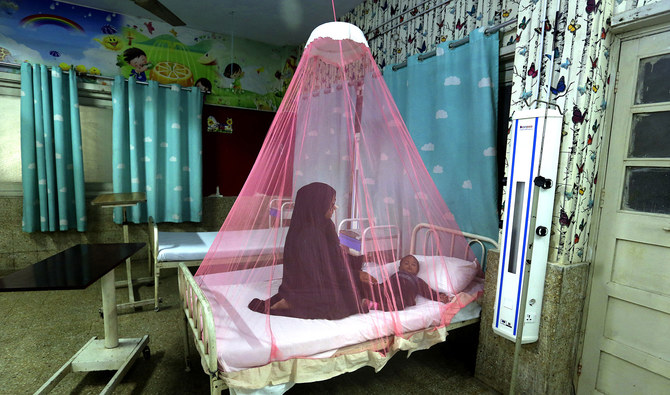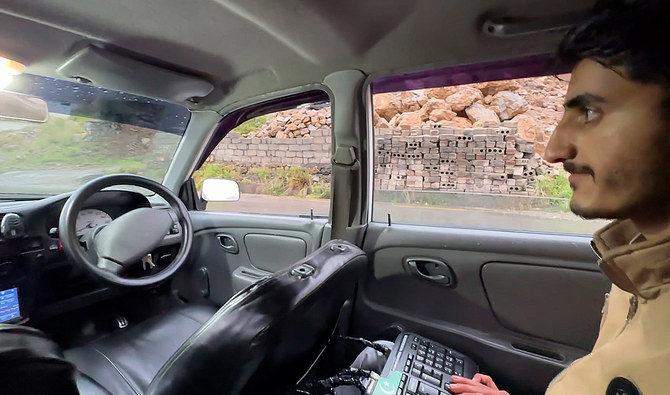KARACHI: A Pakistani medical university on Thursday shared its research findings into Karachi’s “mysterious” pathogen, saying it was dengue virus that was not detected due to the timing of the test.
Leading doctors and pathologists in the country’s southern port city told Arab News earlier this month they had seen several patients who displayed dengue symptoms but tested negative for the mosquito-borne infection.
The news also prompted the Pakistan Medical Association (PMA) to demand modern virology labs in the country to analyze new viruses.
“We did high quality sequencing of the cases which tested negative even after conducting various tests,” Dr. Saeed Khan, head of molecular pathology at the Dow University of Health Sciences, told Arab News. “Our research showed these were dengue cases that could not be detected.”
“The samples were also sent to the National Institute of Health (NIH) in Islamabad which confirmed it was not a new virus and that the patients were indeed suffering from dengue,” he continued.
Khan said dengue viruses did not mutate like the coronavirus, adding it was not a new variant.
“Although there is no need to panic since this is not a new or a mysterious virus, yet people must exercise caution since dengue itself is a dangerous disease,” he said.
Speaking to Arab News, PMA secretary general Dr. Qaisar Sajjad said he was not sure about the authenticity of the university’s research, though he maintained it would call into question the quality of test kits used in Karachi if the finding was accurate.
“We don’t know how the research was conducted,” he said. “But if it is true that the mysterious virus was the virus causing dengue, it will raise questions about the quality of our diagnostic procedure, quality of kits and also strengthen our demand that modern virology labs must be established in all provinces of Pakistan.”
“We don’t know why there were so many false negative cases and how the timing of the test can affect the results,” he added.


















